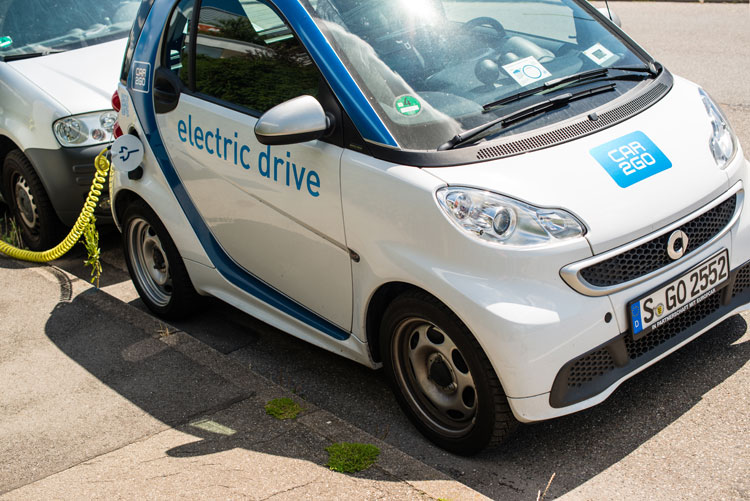Digital change in the services sector

Service providers typically focus on the service provided rather than on material production or the value of the material end product. Activities in the services sector are traditionally less automated because service providers often cannot be assigned to a permanent site (in contrast to industrial operations). Furthermore, services are knowledge-intensive, they require flexibility and they depend on interaction between humans. However, this does not apply to all areas: The best example is office work where many new technological elements were introduced in the past and which would be almost inconceivable without computers.
The services sector also benefits from digital transformation. This can be seen, for instance, in research, accounting and advisory activities, such as travel or financial services which are today almost completely digital and carried out by the customers themselves. At the same time, new business models are emerging in the services sector, for instance, in the so-called sharing economy which is based on the systematic lending and provision of space and objects. Car-sharing services are today available in every larger city, so that citizens can share cars for inner-city transport.
Although digitalisation means that certain services will become less important or even completely obsolete, other services can be improved or expanded further through the use of new technologies, and entire new business models can be created. Just like for other target groups, digitalisation also enables the automation of administration and routine tasks while a wide range of customers can be addressed through new distribution channels.
